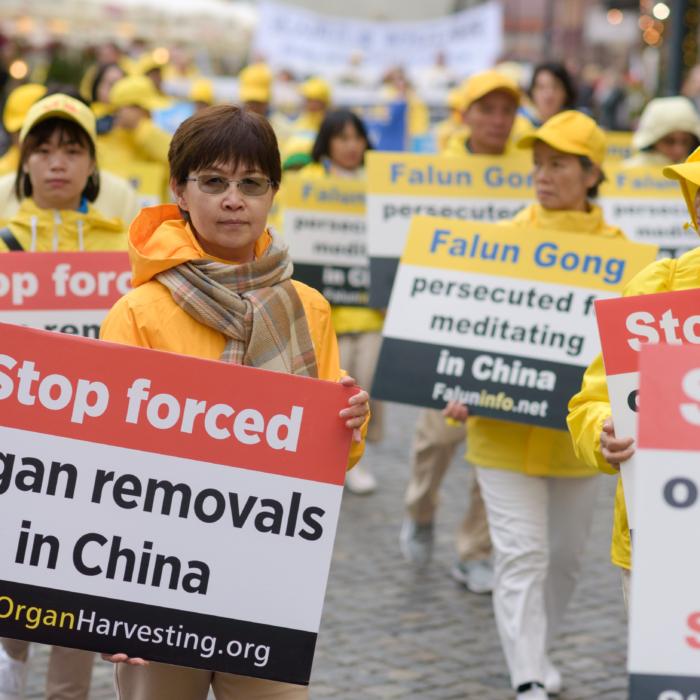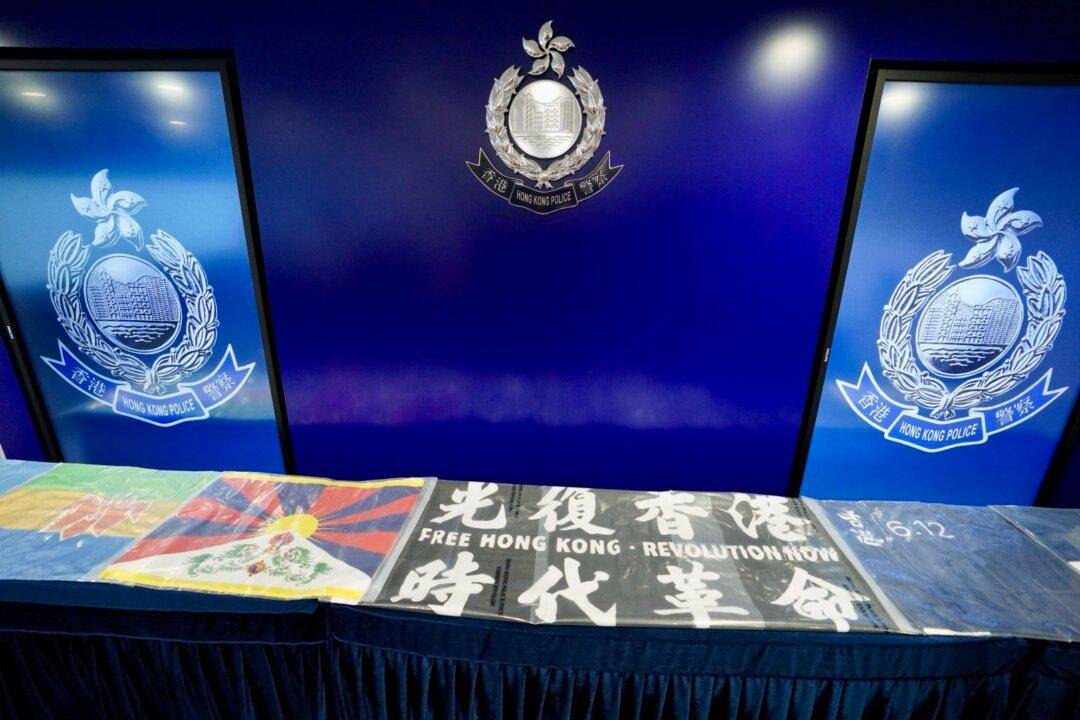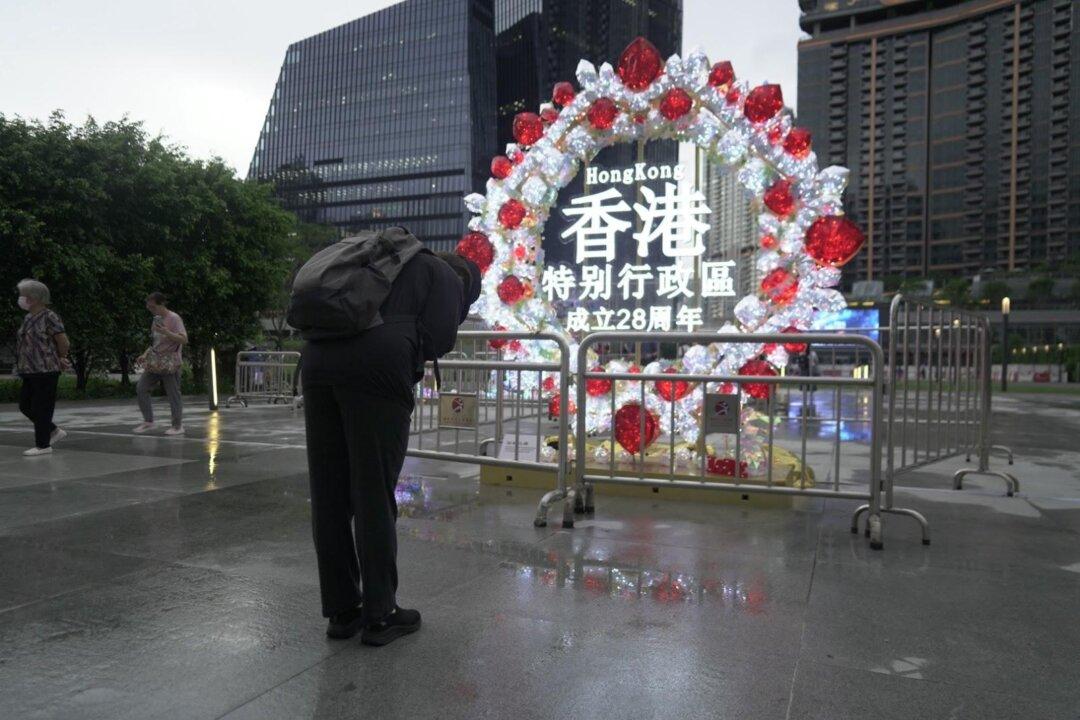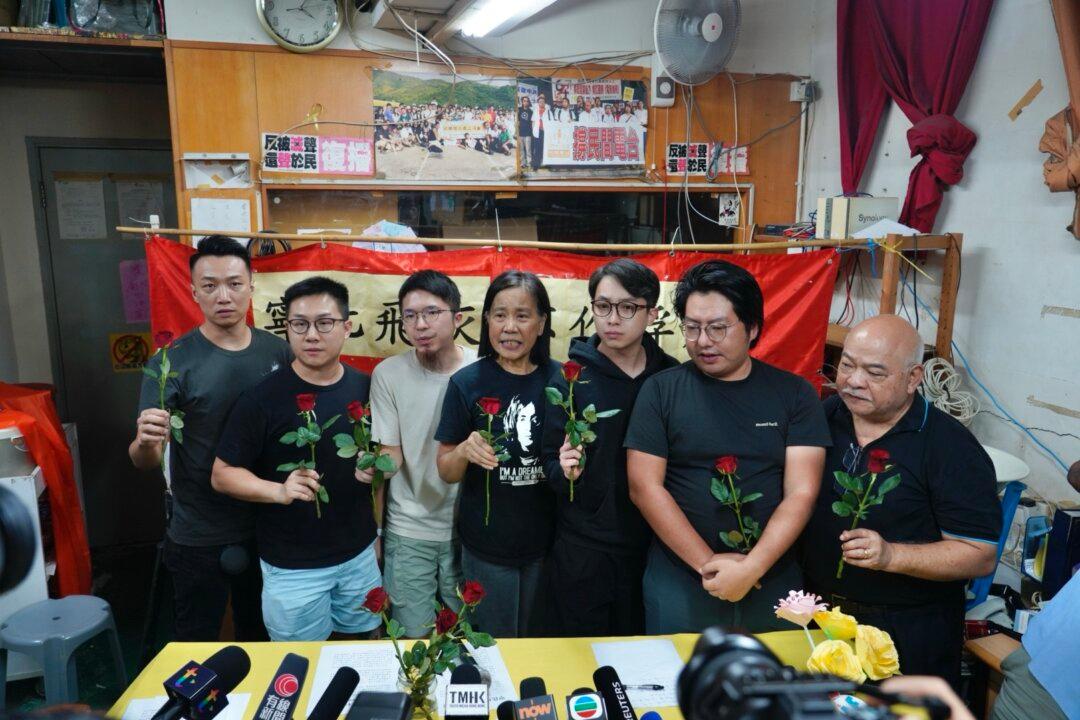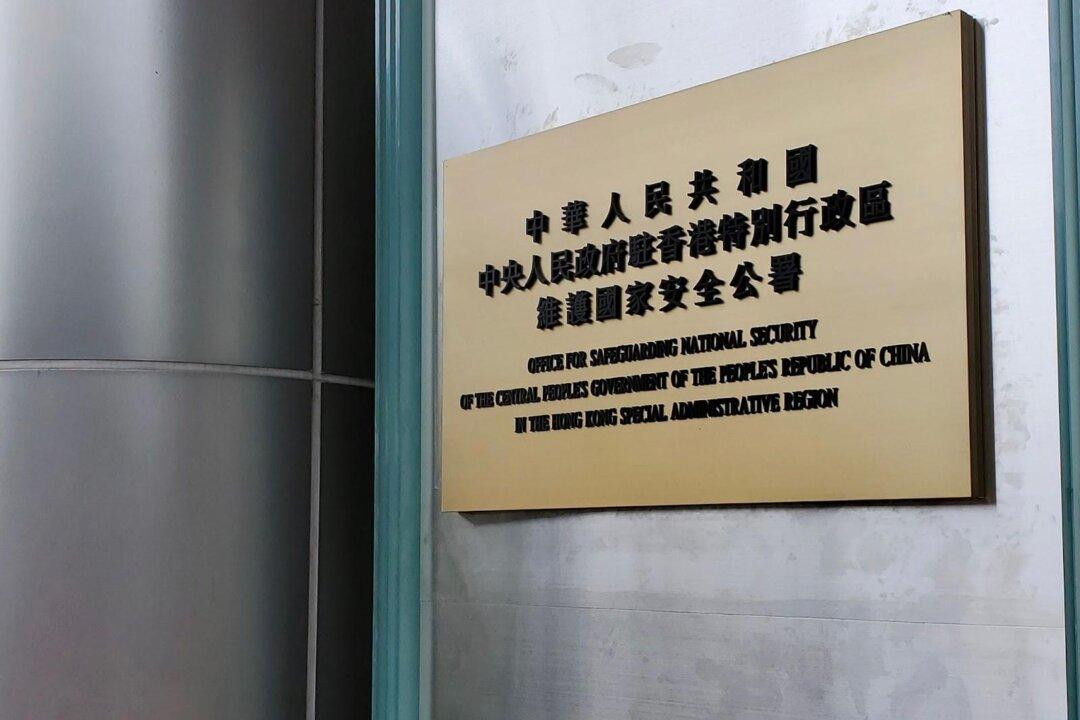A Chinese family has been awarded compensation after a hospital misdiagnosed pancreatic cancer for their 77-year-old mother, who died not long after undergoing unnecessary surgery, which included the removal of at least two organs.
Zhang Yuhua was initially diagnosed with gallstones and was admitted for treatment in 2018. She was later diagnosed with a high possibility of a “pancreatic malignant tumor” and underwent surgery involving total pancreatectomy (removal of the pancreas) and splenectomy (removal of the spleen). Two months after the surgery, Ms. Zhang passed away due to severe liver failure and hepatorenal syndrome.
In August 2019, Ms. Zhang’s family filed a civil lawsuit for medical damages with the Futian District Court of Shenzhen City.
The court appointed a local judicial appraisal center to conduct an appraisal, which revealed that the hospital diagnosed Ms. Zhang with “pancreatic cancer” based solely on an external PET-CT scan report, while multiple preoperative examinations did not reveal any pancreatic masses or tumor cells. During the operation, no obvious pancreatic masses or lesions were found, and the family was not informed in a timely manner.
Moreover, as the patient was elderly and had a history of hypertension, performing a total pancreatectomy without clear evidence of malignant tumor tissue caused severe trauma to her overall nutritional metabolism and electrolyte balance, leading to the conclusion that “the choice of surgical method had a certain relationship with the death.”
In the first trial, the court ruled that the defendant, the University of Hong Kong Shenzhen Hospital, was responsible for 80 percent of the compensation, amounting to over 470,000 yuan ($65,417). Dissatisfied with the verdict, both parties appealed to the Shenzhen Intermediate People’s Court.
In November 2023, the final verdict upheld the responsibility of the Hospital for the full compensation, totaling over 620,000 yuan ($86,295) to the patient’s family.
Hospital’s Wording May Cause Misunderstanding
Under the name “Daughter of Victim of The University of Hong Kong-Shenzhen Hospital” on Douyin, Chinese version of TikTok, some of Ms. Zhang’s diagnostic documents were disclosed, indicating that she was initially diagnosed with “gallstones with chronic cholecystitis” at the hospital in 2018. Ms. Zhang later underwent an endoscopic retrograde cholangiopancreatography (ERCP) at the hospital, which did not reveal any tumor cells. She was then referred to a hospital in Guangzhou for positron emission tomography-computed tomography (PET-CT), with a diagnosis of a high possibility of a “malignant tumor.”The Douyin account also made public the “informed consent form” for the patient’s surgery, titled “Pancreatic Cancer Surgery,” with the entire text introducing the definition, treatment methods, survival rates, and surgical risks of pancreatic cancer.
However, upon closer examination of the text, another detail emerged: “The doctor has informed me that I have pancreatic cancer; IPMN?, and requires total pancreatectomy under general anesthesia.” While the English acronym “IPMN” initially appears to be the abbreviation for pancreatic cancer, upon investigation, it was found that IPMN stands for intraductal papillary mucinous neoplasm of the pancreas. The document only introduced pancreatic cancer without mentioning the full name or Chinese explanation of “IPMN.”
Ms. Huan believes that this document showed that “the hospital determined the diagnosis of pancreatic cancer,” seemingly overlooking the possibility of a benign tumor behind the four English letters following “pancreatic cancer.”
Family Questioned Organs’ Whereabouts
In addition, Ms. Huan accused the hospital of “forcibly removing five healthy human organs from my mother,” stating, “My poor mother’s belly has been emptied.” She criticized the hospital for failing to show the harvested organs to the family, leaving them unaware of the whereabouts of the organs.It is unclear what the other three organs—outside of the spleen and the pancreas—that Ms. Huan was referring to in her claim.
The Epoch Times has reached out to the University of Hong Kong-Shenzhen Hospital, inquiring whether the improper sequence of invasive and non-invasive testing led to misdiagnosis and for more details on what organs were removed but has received no response by press time.
Surgeon: More Surgeries for Profit is Common
Dr. Guan, a former Chinese doctor now living abroad who asked not to have his full name published, said that it is common for hospitals in China to perform more surgeries for profit.For instance, in cases for which minor surgeries suffice, major surgeries are usually recommended to patients; in cases for which surgeries are not that necessary, patients are often suggested to do one; and even in cases for which surgeries are unnecessary, they are often still performed, he told The Epoch Times.
The reason is that the authorities have pushed hospitals to the market after implementing self-financing of hospitals. The authorities’ direction and management have caused hospitals and doctors to pursue financial benefits, and they may also neglect details in the pursuit of quantity.
“Patients originally don’t need to understand this difficult medical knowledge. If doctors have high medical ethics and there is good social morality, patients only need to trust the doctors to treat them. The reason why some patients have to learn professional knowledge themselves is that they already distrust the doctors,” said Dr. Guan.
Live Organ Harvesting Causes Public Concern
While Dr. Guan believed that it is hard to determine from existing data and medical records if organ trafficking has played a role in this case, he noted that much evidence indicated that recent victims of organ harvesting in China are not limited to Falun Gong practitioners, which would cause public fear.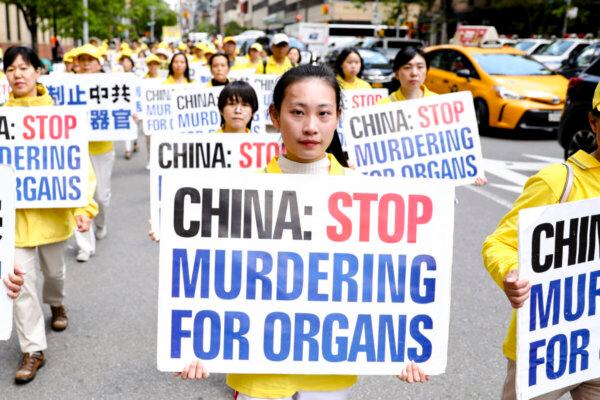
After assuming Secretary for Health of the Hong Kong Hospital Authority, Prof. Lo has been promoting cross-border organ transplantation between mainland China and Hong Kong, causing concern among Hongkongers. After the first case of a Hong Kong patient receiving organ transplants from mainland China, the Hong Kong Department of Health’s organ donation system recorded cancellations of over 5,000 registrations.
To date, many countries have legislated to prevent their citizens from undergoing organ transplantation in China. On March 1, Utah became the second U.S. state to pass a bill to confront the CCP’s forced organ harvesting by prohibiting insurance companies from covering patients going to China for organ transplants or contracting for post-transplant care.

